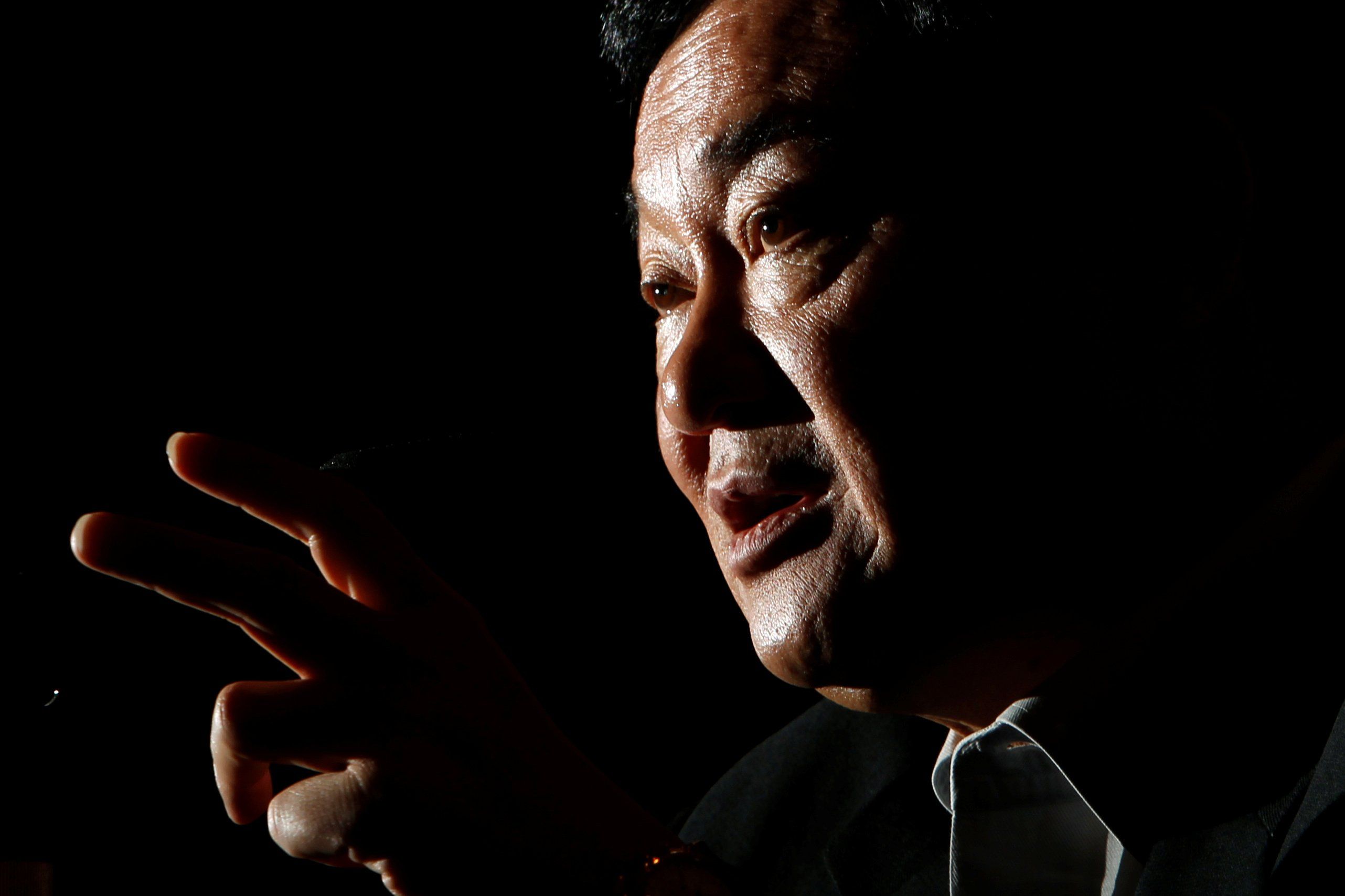May 09, 2023
We recently predicted that the shadow of self-exiled former PM Thaksin Shinawatra would loom large over the May 14 Thai election. Now the stakes just got a lot higher.
On Tuesday, Thaksin announced that he plans to return before his 74th birthday in July, almost 15 years after he skipped town when he was about to go on trial for corruption. Thaksin, ousted in a 2006 coup, was ultimately convicted in absentia of several charges that add up to over a decade in prison.
Although Thaksin says he just wants to raise his grandkids and won't be a burden to his daughter, Paetongtarn, currently leading the polls for her dad's old job, it's hard to imagine how he won't.
Thaksin has dominated Thai politics for a generation, and the prospect of his return might boost voter turnout for Paetongtarn. But he’s also a polarizing figure — despised by the generals who now run the country under a civilian government (and who deposed his sister, Yingluck Shinawatra, in 2014).
Also, Thaksin needs a royal pardon to avoid arrest. Don't count on it: In 2019, King Vajiralongkorn blocked his own sister, Princess Ubolratana, from running for premier … under Thaksin's party.
More For You
Walmart’s $350 billion commitment to American manufacturing means two-thirds of the products we buy come straight from our backyard to yours. From New Jersey hot sauce to grills made in Tennessee, Walmart is stocking the shelves with products rooted in local communities. The impact? Over 750,000 American jobs - putting more people to work and keeping communities strong. Learn more here.
Most Popular
- YouTube
In this Quick Take, Ian Bremmer unpacks the Trump administration’s new national security strategy, particularly its heightened focus on Europe.
Egyptians head to the polls to elect a new parliament during the first round of the Egyptian parliamentary elections in Giza, Egypt, on November 10, 2025.
Photo by Islam Safwat/NurPhoto
Egyptians are voting this month in parliamentary elections that aren’t expected to change who’s in charge, but could allow President Abdel Fattah el-Sisi to rule beyond 2030.
© 2025 GZERO Media. All Rights Reserved | A Eurasia Group media company.
